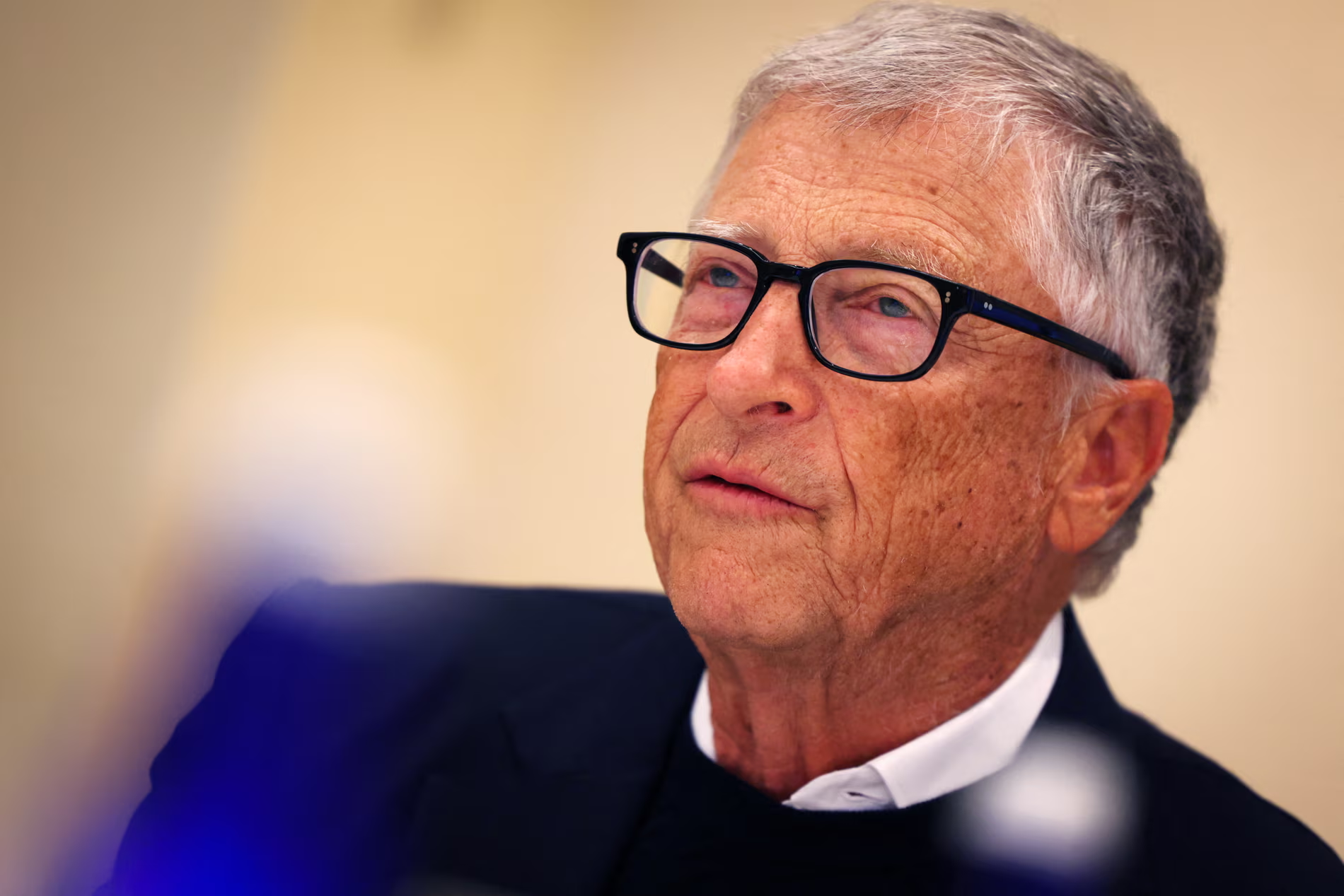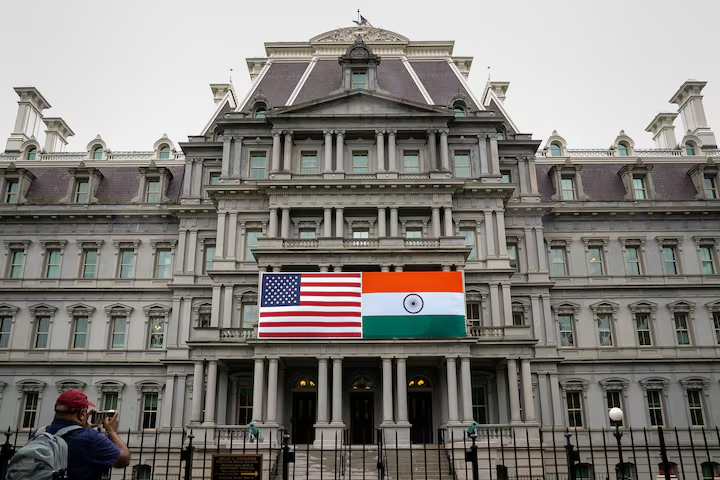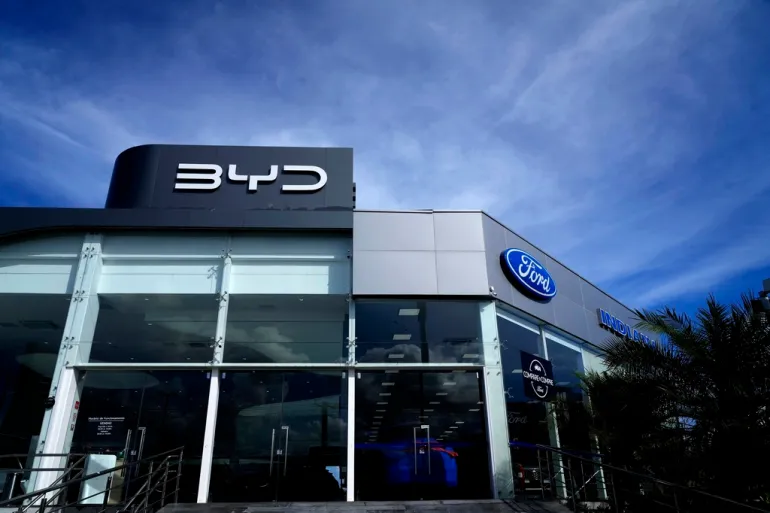Billionaire philanthropist Bill Gates has announced a significant reorientation of his charitable giving, pledging the majority of his personal fortune to projects focused on Africa’s development. The move marks one of the largest philanthropic commitments ever directed toward the continent and signals a shift in Gates’ long-term strategy for global impact.
Speaking at a summit on global equity in Nairobi, Kenya, Gates outlined his vision for supporting African-led innovations in health, agriculture, education, and climate resilience. “Africa is the future,” Gates said. “The potential for innovation and growth here is extraordinary, and I want to dedicate my remaining resources to helping unlock that future.”
Gates, co-founder of Microsoft and long-time co-chair of the Bill & Melinda Gates Foundation, said that while the foundation will continue its global operations, a significant portion of his personal wealth—estimated at over $100 billion—will now be directed to programs specifically designed by and for Africans.
Key areas of focus will include eradicating infectious diseases, improving maternal and child health, funding local education systems, and supporting climate adaptation strategies tailored to African environments. Gates emphasized that local leadership will be central to all investments. “We’re not just investing in projects—we’re investing in people, in African scientists, engineers, educators, and entrepreneurs,” he said.
This commitment builds on decades of work Gates has done on the continent, particularly through his foundation’s efforts to combat malaria, polio, and HIV. However, the new initiative expands beyond health, with a broader economic and developmental scope. Gates said it represents the culmination of lessons learned from years of global philanthropy.
The announcement was welcomed by African leaders and development organizations. Kenyan President William Ruto praised the decision, saying, “This is more than a donation—this is a partnership for transformation.”
Development experts noted the importance of Gates’ emphasis on African agency and innovation. Unlike previous philanthropic models that often imported Western frameworks, Gates said this initiative would rely heavily on local expertise and solutions that reflect the realities of African communities.
However, the shift also comes amid increasing scrutiny of billionaires’ influence on global development agendas. Some critics argue that ultra-wealthy individuals wield outsized power in shaping priorities, sometimes at odds with democratic processes or government-led planning.
In response, Gates insisted that transparency and collaboration with national governments and local NGOs would remain a cornerstone of the effort. He also reiterated his commitment to giving away nearly all of his fortune during his lifetime.
Gates’ pledge is expected to catalyze further funding from private donors, governments, and multilateral institutions. Already, several foundations and tech entrepreneurs have expressed interest in co-investing in African-led ventures following the announcement.
The exact timeline for the disbursement of funds was not disclosed, but Gates said a new advisory council composed entirely of African leaders and experts would be established to guide the rollout of major projects starting in 2026.
As global philanthropy enters a new phase, Gates’ redirection of wealth toward Africa may shape development discourse for decades to come. For Gates, it is a personal and strategic decision to invest in what he calls “the most promising engine of global progress.”
Source: The Guardian



